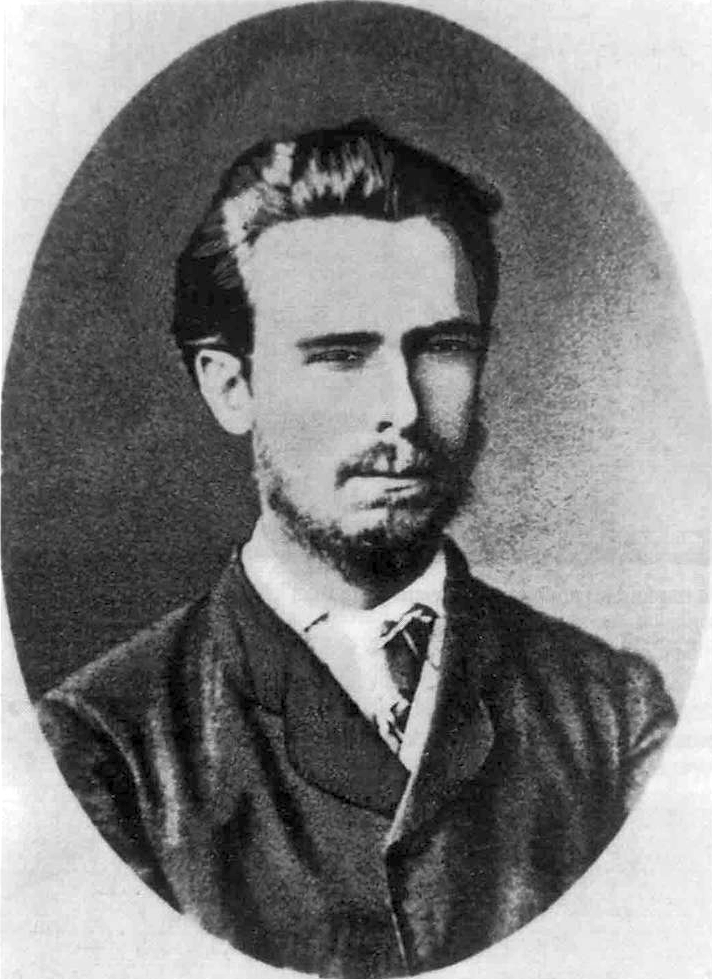“He should not hesitate to destroy any position, any place, or any man in this world.”
Catechism of a Revolutionary (1869)
Kontekst: The revolutionary enters the world of the State, of the privileged classes, of the so-called civilization, and he lives in this world only for the purpose of bringing about its speedy and total destruction. He is not a revolutionary if he has any sympathy for this world. He should not hesitate to destroy any position, any place, or any man in this world. He must hate everyone and everything in it with an equal hatred. All the worse for him if he has any relations with parents, friends, or lovers; he is no longer a revolutionary if he is swayed by these relationships.
